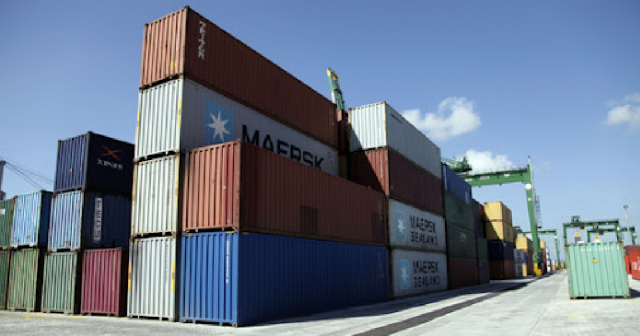After being anchored in the Bay of Havana for five days, on Monday the Russian nuclear-powered submarine Kazan set sail and entered the waters of the Caribbean, leaving behind a trail of controversy with its visit to Cuba.
It's happening now: the Russian nuclear-powered submarine Kazan departs from Havana. "Next stop...?" said CNN's correspondent in the Cuban capital, Patrick Oppmann, on his X account.
His post shared a photograph of the gigantic ship being escorted by multiple tugboats from the port of Havana.
The Kazan arrived in Cuba last Wednesday, June 12, as part of the Russian Navy flotilla composed of four ships that made a scheduled visit to Havana, generating great anticipation due to its geopolitical significance.
In addition to the Kazan, the flotilla was composed of the Pashin oil tanker, the Nikolai Chiker salvage tugboat (SB-131) from the naval group of the Northern Fleet, and the frigate "Admiral Gorshkov," the ship leading the group of the Russian Navy.
The Ministry of Foreign Affairs (MINREX) of Cuba emphasized that the visit was unfolding in line with "the historic friendly relations between Cuba and the Russian Federation," and that it strictly adhered to "international regulations of which Cuba is a State party."
Likewise, he stated that none of the ships were carrying nuclear weapons and that their stopover in the country did not pose a threat to the region.
However, upon approaching Cuban shores, the United States government deployed several warships and a submarine reconnaissance aircraft to track the course of the Russian flotilla.
This summer, Russia will carry out intense naval and air activity in the Caribbean, near the United States, acknowledged U.S. government sources. The actions will culminate with a global Russian naval exercise in the fall.
However, the Biden administration said they did not view the deployment with alarm, as Russia has sent ships to the Western Hemisphere annually from 2013 to 2020.
"The deployments by Russia are part of routine naval activity," and do not worry the US government "as they do not pose a direct threat to the United States," officials from said administration pointed out.
The day after the entry of the Kazan into Cuban maritime waters, the United States Southern Command confirmed the arrival of the nuclear submarine USS Helena at Guantanamo Bay.
The fast-attack submarine USS Helena is in Guantanamo Bay, Cuba, as part of a routine port visit while transiting through the geographical area of responsibility of the U.S. Southern Command as it carries out its mission of global maritime security and national defense," the Command stated in a press release.
Although he acknowledged that he had been informed in advance about his trip to Guantánamo, the Cuban regime declared that they did not like the presence on national territory. "Obviously, we do not like the presence on our territory and transiting through our waters of a medium of that nature, belonging to a power that maintains an official and practical policy that is hostile towards Cuba," added the senior official from the Ministry of Foreign Affairs.
"Welcome, friends from Russia," said the Cuban leader Miguel Díaz-Canel, who shared images of his visit to the fleet of his strategic ally, Vladimir Putin, through his social networks.
What do you think?
COMMENTFiled under:
